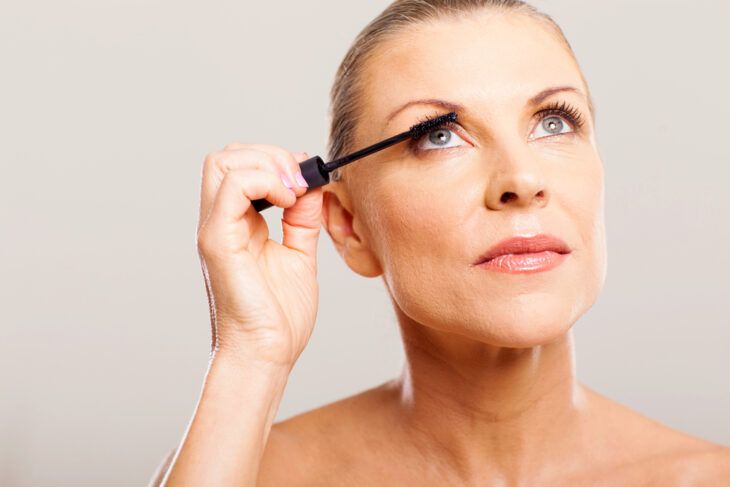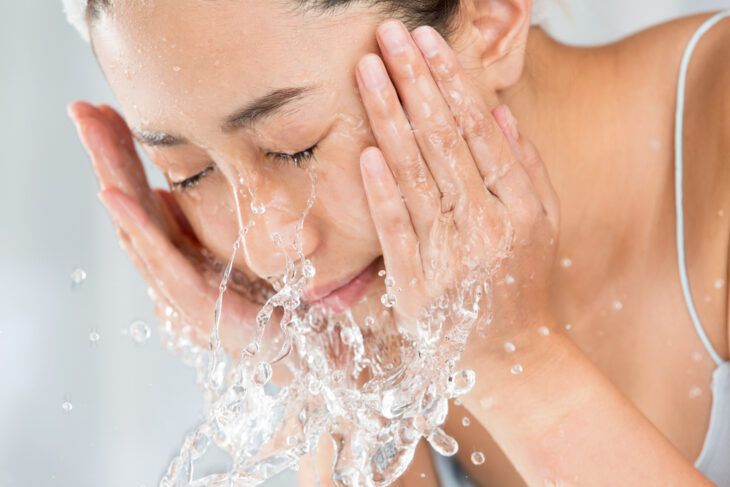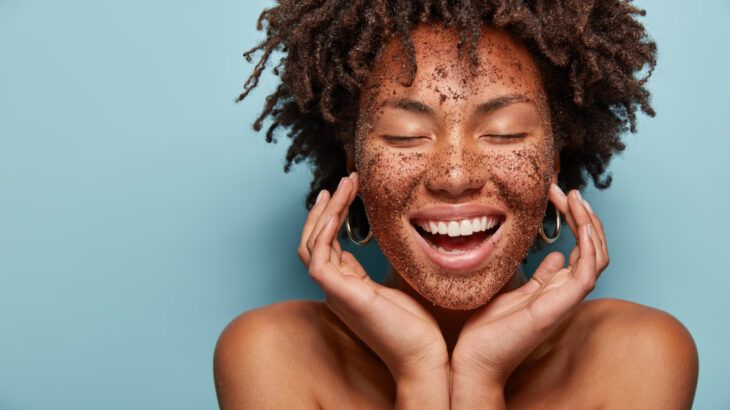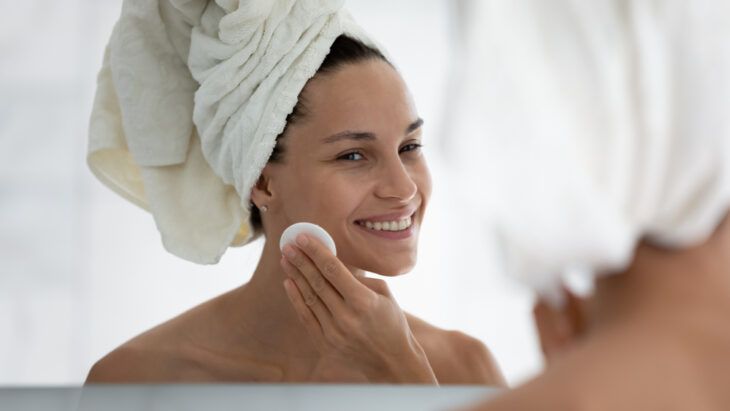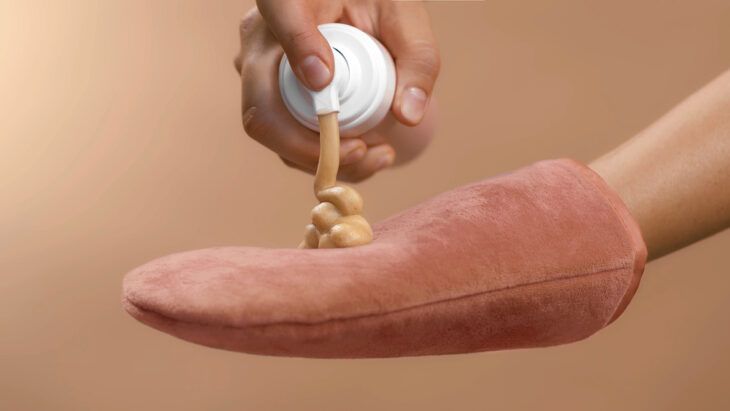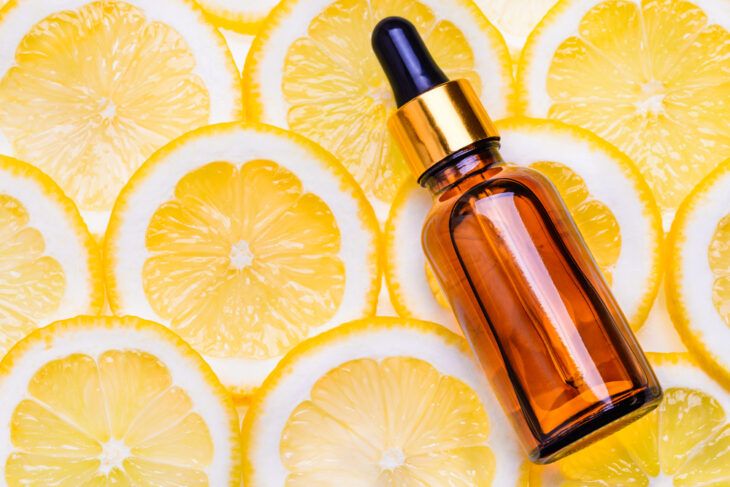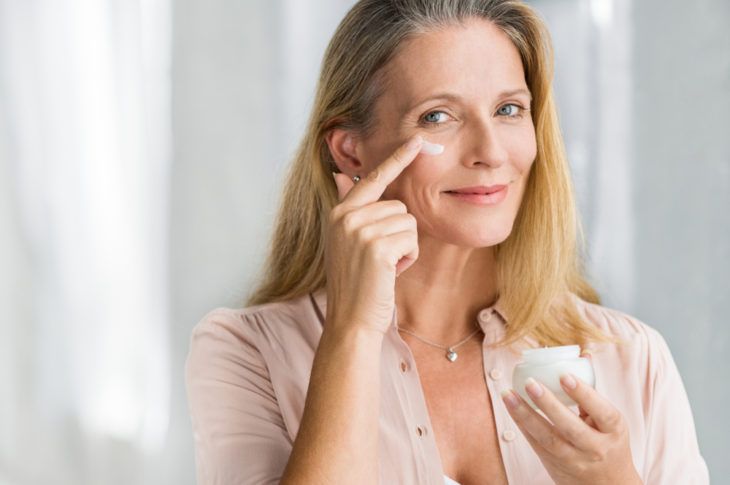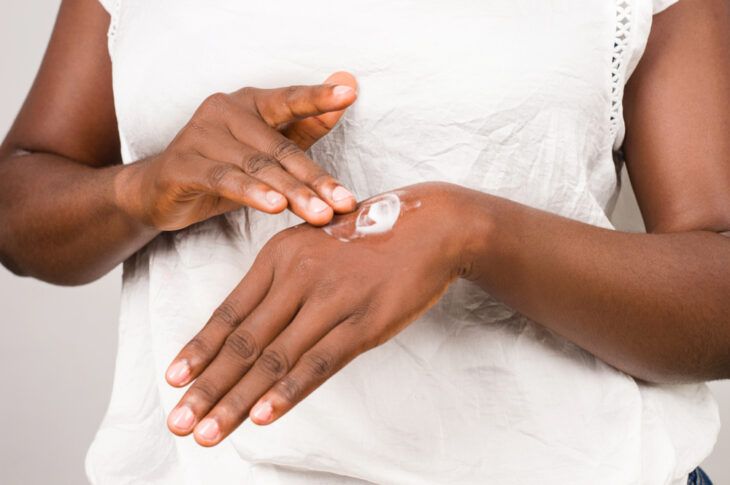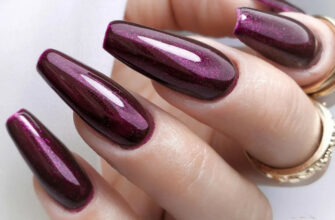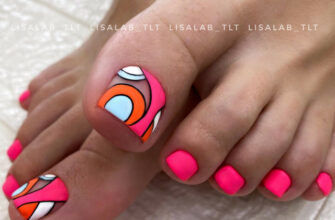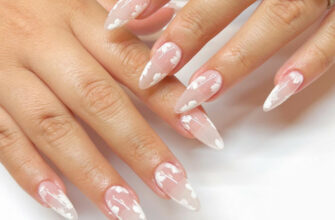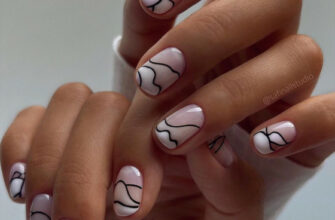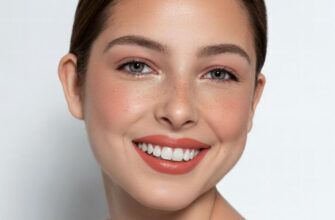As days get warmer and longer, people spend more time at the beach, at pool parties, and playing sports. While increased sun exposure offers health benefits, summer can be hard on the skin and create issues, such as sunburns and acne.
Your skin care routine should be consistent year-round, but a few adjustments during the summer can keep your skin healthy and glowing. Keep reading to learn how to put your best face forward this summer.
How Summer Affects Your Skin
Your skin’s sebaceous glands naturally create sebum, which forms a protective and moisturizing coating on the skin’s surface. When temperatures and humidity increase in the summer, the skin sometimes overproduces sebum, resulting in greasy skin with larger and clogged pores and more acne breakouts.
Moderate exposure to UV rays has health benefits, such as increased vitamin D production and overall well-being and energy, but overexposure to UV rays in the summer can cause premature skin aging, dehydrated skin, and irritation. Melanin production also increases in response to UV ray exposure, which may increase the risk of melanoma and other skin cancers.
Layer On Sunscreen
Sunscreen is important all year, especially during warmer months when you tend to spend more time outside. According to the Skin Cancer Foundation, daily use of at least SPF 15 can reduce your risk of developing melanoma by 50-percent. It can also protect your skin from signs of premature aging, including wrinkles, age spots, and sagging.
Apply sunscreen at the end of your morning skin care routine, then generously reapply every 2-hours. Don’t forget commonly neglected spots, such as your lips and neck.
Look for sunscreens with at least SPF 30. Some popular SPF products include:
Neutrogena Ultra Dry-Touch Sunscreen SPF 55
Blue Lizard Australian Sunscreen, Sensitive SPF 30+
Sun Bum SPF 50 Spray Sunscreen
EltaMD UV Clear Broad-Spectrum SPF 46
Keep Makeup Light
Heavy makeup not only feels like an unnecessary layer on your skin on warm days, but it also melts and mixes in with your skin’s oils to create a pore-clogging effect. Let your skin breathe during the summer months by avoiding or reducing your makeup wear, and make sure the products you use are non-comedogenic.
Many foundations, skin tints, and other makeup products include SPF and are well-suited for warm summer months. Some sweat-proof summer makeup options include:
Maybelline New York Dream BB Fresh Cream
Tarte BB Tinted Treatment 12-Hour Primer SPF 30 Sunscreen
NARS Pure Radiant Tinted Moisturizer SPF 30
Milk Makeup Sunshine Skin Tint SPF 30 Sunscreen
Don’t Over-Cleanse
Sweat and extra oil production can make you feel like you constantly need to cleanse your skin. Although it’s tempting to shower more often during summer, excessive cleansing and rinsing can wash away your natural oils and dehydrate your skin.
Try to only bathe once per day and after exercise if needed. Wash your face once in the morning and evening with a gentle cleanser, such as CeraVe Acne Control Cleanser or Kate Somerville ExfoliKate Cleanser.
Use lukewarm water for washing, as hot water can strip your skin, and cold water tightens your pores too much to clean them effectively. If your face gets oily or sweaty between cleansing, use blotting papers to absorb any excess.
Exfoliate
Increased dehydration and oil buildup during the summer calls for increased exfoliation to slough off dead cells and encourage skin cell turnover. Exfoliating too often can cause tight and cracked skin, but exfoliating once or twice per week can help remove debris from sweat, oil, and SPF.
Chemical and physical exfoliators use acids to soften skin and improve texture, but physical exfoliators can sometimes irritate the skin. Try gentle exfoliants, such as:
Cetaphil Extra Gentle Daily Scrub
CeraVe Salicylic Acid Cleanser
The Ordinary Glycolic Acid 7% Toning Solution
Paula’s Choice Skin Perfecting 2% BHA Liquid
Never exfoliate sunburned skin, as it will exacerbate irritation.
Refresh With Toners
Exfoliators are too harsh to use every day, which is where toners come in. Formulated with ingredients, such as antioxidants, amino acids, hyaluronic acid, BHAs and AHAs, toners remove any debris your cleanser may have missed and preps your skin for moisturizing and serums.
Some toners are specially formulated to target certain skin concerns, such as excess oil or collagen loss. They come in bottled liquids, gel sticks, face mists, and more.
To help reduce oily t-zones and unclog your pores, consider the following toners:
Mario Badescu Aloe Vera Toner
Proactiv Revitalizing Toner
Paula’s Choice Skin Recovery Calming Toner
Glow With Self-Tanner
Even if you don’t burn, there’s no such thing as a healthy tan. Regardless of how beautifully bronzed your skin looks, skin darkening in response to UV ray exposure is still sun damage.
If you prefer a sun-kissed glow, you can use self-tanning products to get the desired effect. These products come in creams, gels, lotions, and sprays and safely coat surface skin cells with tint. Be sure to patch test self-tanners on a small section of skin before you apply it all over, in case the product irritates your skin or you don’t like the pigment tone.
Wear Protective Clothing and Accessories
Choosing the right clothing and accessories should be part of your summer skin care routine. Pick up protective accessories, such as wide-brim hats and UV-400 sunglasses. Wear breathable and sweat-wicking fabrics to prevent overheating, sweating, and itching.
Some clothes are also designed with chemical UV ray absorbers and dyes to block radiation. UV ray resistance varies, but a shirt with a UPF of 50 can block up to 98% of radiation from reaching your skin.
If you’re spending a prolonged period outside, find a shady spot or bring along an umbrella.
Boost and Protect with Serums
Antioxidant serums, such as vitamin C and retinol, are great year-round, but they can boost your skin’s protection from environmental and UV ray damage during the summer. Antioxidants calm cellular inflammation caused by oxidative stress and free radicals. By reducing inflammation, you improve your skin’s renewal process and help reduce the appearance of fine lines, wrinkles, dullness, and dark spots.
Protect your skin with serums, such as:
Paula’s Choice Super Antioxidant Concentrate Serum
Glow Recipe Pineapple-C Brightening Serum
Fresh Black Tea Age-Delay Firming Serum
CeraVe Skin Renewing Vitamin C Face Serum with Hyaluronic Acid
Hydrate and Moisturize
Despite higher humidity levels in the summer, your skin can still easily dry out. You’ll still need to include a moisturizer in your skin care routine, but you should opt for a lighter formula during the summer months to maintain your skin’s environmental protection.
Switch to hyaluronic acid-based moisturizers, which are great at maintaining your skin’s hydration without feeling too heavy. If you’re on the go during hot days, pack a refreshing face mist, such as Mario Badescu Facial Spray with Aloe, Herbs and Rosewater or Caudalie Grape Water Moisturizing Face Mist, to keep your skin hydrated.
Don’t Forget the Rest of Your Skin
With all the focus on your face, it’s easy to neglect areas, such as your eyes, lips, hands and feet. In addition to protective eyewear, stock up on eye treatments, such as Shiseido Benefiance Wrinkle Smoothing Eye Cream or CeraVe Eye Repair Cream for Dark Circles, Puffiness, and Wrinkles, to reduce the appearance of sun damage.
Include your hands and feet during your regular skin care routine since they’re equally susceptible to sun damage. To prevent dryness, exfoliate your lips and apply a nourishing SPF lip balm, such as Jack Black Intense Therapy Lip Balm SPF 25.
Get Plenty of Liquids
Proper hydration is not only important for overall health, but it can also affect your skin. The outer layer of your skin, called the epidermis, needs enough water for cells to appear hydrated and healthy. Excessive water consumption isn’t linked to improved skin, but a dehydrated epidermal layer can negatively affect skin elasticity and texture.
To hydrate your skin and cool off at the same time, drink 4- to 6-cups of water per day. If you’re sweating more in hot weather, you may need to increase your intake. Coconut water is a refreshing and hydrating alternative to plain water, and you can also get plenty of fluids from water-rich foods, such as watermelon, cucumbers, and strawberries.

 Home
Home Health
Health Diet & Nutrition
Diet & Nutrition Living Well
Living Well More
More

